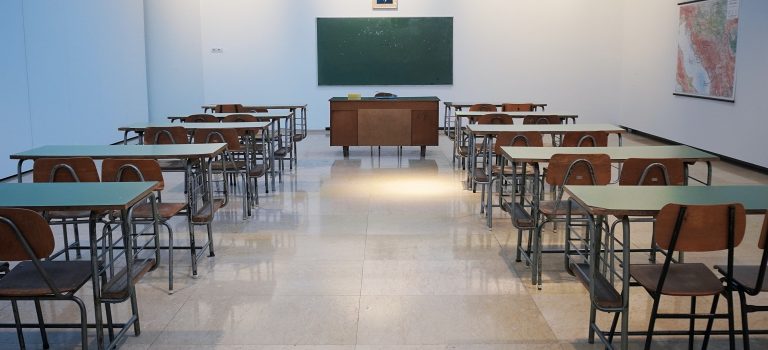Mental health conditions in children and adolescents, such as anxiety and depression, can reduce a child’s ability to learn and prevent them from benefiting from classroom experiences. If your child suffers from a mental health condition, therapeutic education can help your child succeed in school. Therapeutic education can help children who struggle in a regular academic setting due to emotional, psychological, or behavioral issues. If you are contemplating whether therapeutic education can help your child succeed in school, here are three benefits to keep in mind.
Attentive Staff
If your child is attending public school, educators are less likely to be trained with children that are experiencing mental health conditions. It might be difficult for general education teachers to pay proper attention to your child due to the large number of children in their classroom. At New Alliance Academy, the student is surrounded by psychiatrists, therapists, learning strategists and our certified educational staff, as well as the student’s school district and our community partnerships, to help them in an ongoing, student-centered process. At therapeutic schools, teachers combine therapeutic elements in the classroom to facilitate learning which helps students with mental health conditions thrive in the classroom.
Focus on Mental Health
A therapeutic school acknowledges that success is linked to a child’s mental and physical health. The primary emphasis of a therapeutic school is to help students overcome the issues that impact their academic performance. New Alliance Academy’s therapists aim to address the issues of each student individually and with family. Emotional support is essential to achieve academic success.
Team Approach
At New Alliance Academy, our integrative model allows all professionals, both educational and therapeutic, to work together as a team. Our teacher and therapists can tailor lessons and therapy sessions to the everchanging situations in an adolescent’s life due to the close working relationships among our students, staff, and professionals. The team approach that therapeutic education creates can improve the learning experience of both children and adolescents.
New Alliance Academy in Paramus, NJ provides educational and ancillary therapeutic services for high school teenagers experiencing acute psychological distress.


